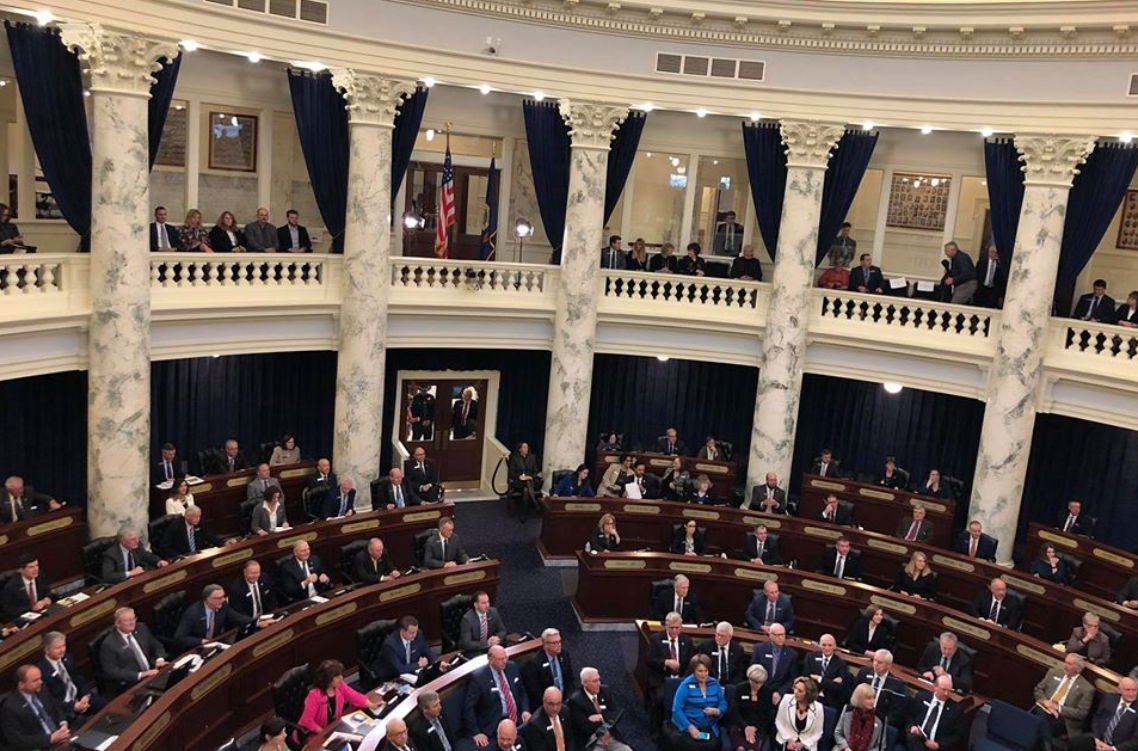I went to college for creative writing. (Save your jokes. This column isn’t about millennial stereotypes.) One of my many writing classes focused on poetry. I remember it not for the quality of the class but for the day I admitted to my instructor that I enjoyed writing poetry but wasn’t really in the habit of reading it.
My instructor fixed me with a gaze that can only now be described as, “Oh, my sweet summer child.” And then he said, “I’m going to say this as compassionately as I can: That’s the definition of a hack.”
I didn’t like hearing it then (what 20-year-old would), but he was correct: you can’t be a writer if you don’t read. If you don’t read you cut yourself off from a variety of new vocabulary, characterization, and dialogue. How can you write relatable characters if you don’t find characters you relate to yourself? Short answer: you can’t.
The analogy extends to politics. You can’t be a good representative if you don’t read — that is, if you don’t talk with and (most importantly) listen to your constituents. You can’t write meaningful policy that reflects and addresses the needs of your neighbors if you don’t bother to get to know your neighbors.
This legislative session has felt particularly frustrating as those who claim to represent us ram through dangerous bills aimed at the most vulnerable citizens in our state. As I write this, a trio of proposals directly attacks young transgender Idahoans in particular. If they all pass, transgender minors will be barred from competing in high school and college sports, receiving gender-affirming medical treatments, and changing their own birth certificates to accurately reflect who they are.
The bills directly contradict Idaho values, which prioritize individual liberty and demonize government overregulation. So why are they being sponsored and supported by Idaho lawmakers?
It turns out there are nearly identical bills making their way through several other state legislatures — more than 200 bills in total. Most of them weren’t written by state lawmakers, or even their constituents, but outside interest groups that churn out and submit bills to several states simultaneously with the assumption that at least one will bite.
Is Idaho one of those states? I can’t say for sure. If so, is that plagiarism? No. You can’t steal that which is willingly given. Is it possible our representatives authored the life-threatening legislation they’re sponsoring? Certainly. If that’s the case I’d like for them to show us their work. But whether the policies are original material or ghostwritten is irrelevant. At their core, they reveal a group of hack lawmakers trying to write a new chapter in Idaho’s future without reading its past or present.

